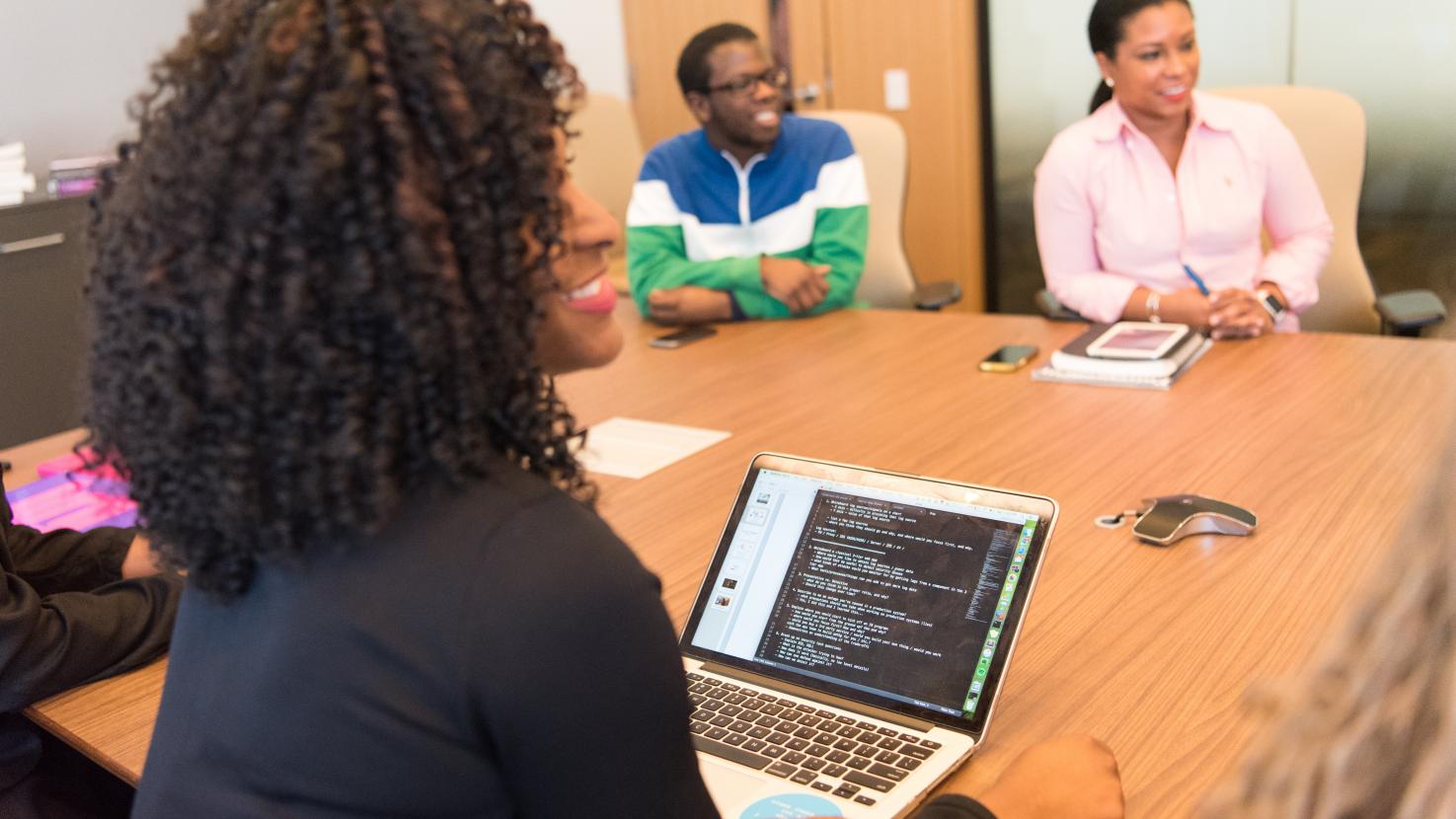Zero to 130 in 10 Months: Five Reflections on Building a Global Data Organization

In February 2020 I was tasked with building a new BI and Innovation organization at my company. Just over ten months later this organization has nearly 130 employees spread across six countries and nine time zones. We still have some key roles to fill, but building out a high-performance team like this has been a great experience. Here are five things I’ve learned.
- Get explicit, specific approval from the top. Clearly you’re not going to assemble a team without some level of executive approval. However, if you’re starting with no budget, no headcount, nothing more than a vision and an org chart, look to get sign-off as high up in the organization as possible. The CEO and Board of Directors may be involved, so expect to make a strong business case and attach a realistic budget and timeline. Any new department or organization comes at a price and won’t happen overnight.
- Even with approval, expect some pushback. Despite board or C-level approval, don’t be surprised by some healthy pushback once you start making hires. For example, if you’ll need a leadership team in several regions and a project management office (PMO) function and training for agile development and a business partnering function, the dollars will add up pretty quickly. Stick to your principles about delivering value to the organization and remind your executives – repeatedly, if necessary – about what they’ve approved.
- Don’t lose heart if things get pushed out. Recruiting doesn’t necessarily obey a schedule. The same is true for funding. Sometimes parts of your plan may be delayed a quarter or possibly longer. Don’t get discouraged; just stay the course.
- Be creative. When delays do happen, you have to be thoughtful about how you go forward. You may have to scale back your ambition, combine roles temporarily, or tweak your expected results. That’s hard for me because there are a million things our team would love to be doing, especially in areas where we believe we’re already forward-thinking in our industry. But patience builds endurance.
- Expect some short-term pain for long-term gain. As you build, you may find yourself working horrendous hours, even if that’s because you don’t want your core team members to become stressed out. But if your funding falls short, even temporarily, don’t be surprised if some of your best players make it clear that they can’t work 60-hour weeks forever. It’s a real challenge and a difficult balance, but believe in yourself to power through it.
All these lessons reflect the reality of building a large organization during a challenging time. You’ll have to dabble in politics, temper some of your ambitions, and stay focused on your goal, whether that’s reducing costs, increasing productivity, improving your margin, or all three. It’s part of the balance you have to strike in being a leader.
Paul has transformed JLL’s Business Intelligence and Technology team into a virtually working, high performing team spread across six countries and nine time zones. Through a framework of improving compliance, reducing cost, increasing productivity and driving revenue, his team has built an ROI framework which has already achieved $40m of quantified benefit through BI. In 2020 Paul was named global lead for BI, performance management and innovation at JLL, taking the work he had previously done and creating a global community to maximise its benefits. Paul was most recently included in the DataIQ 100 most influential people in data for 2021.







